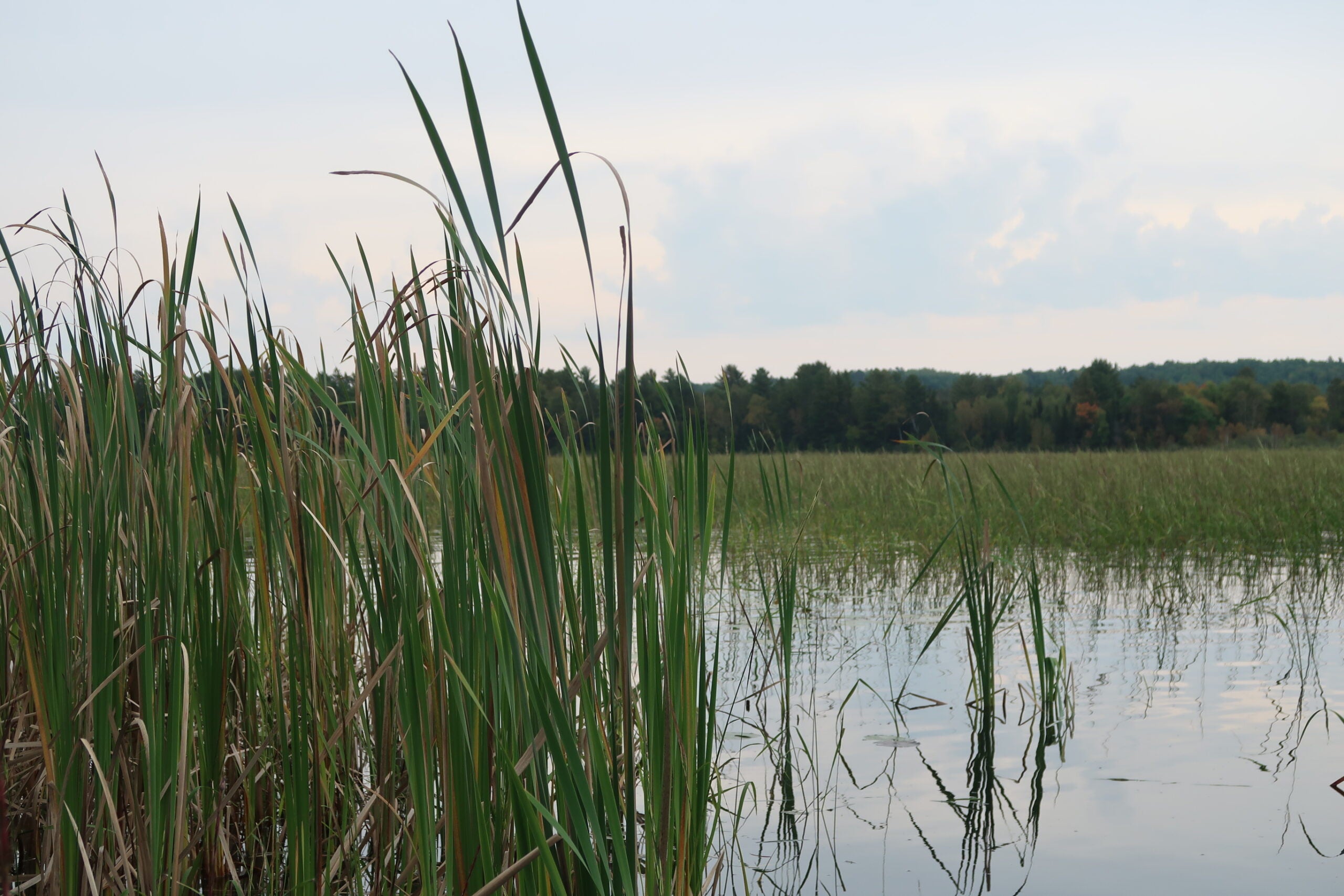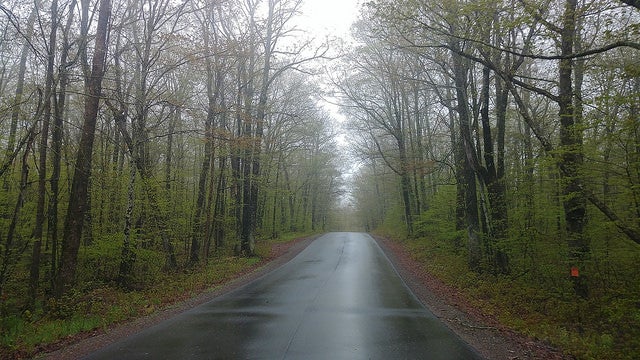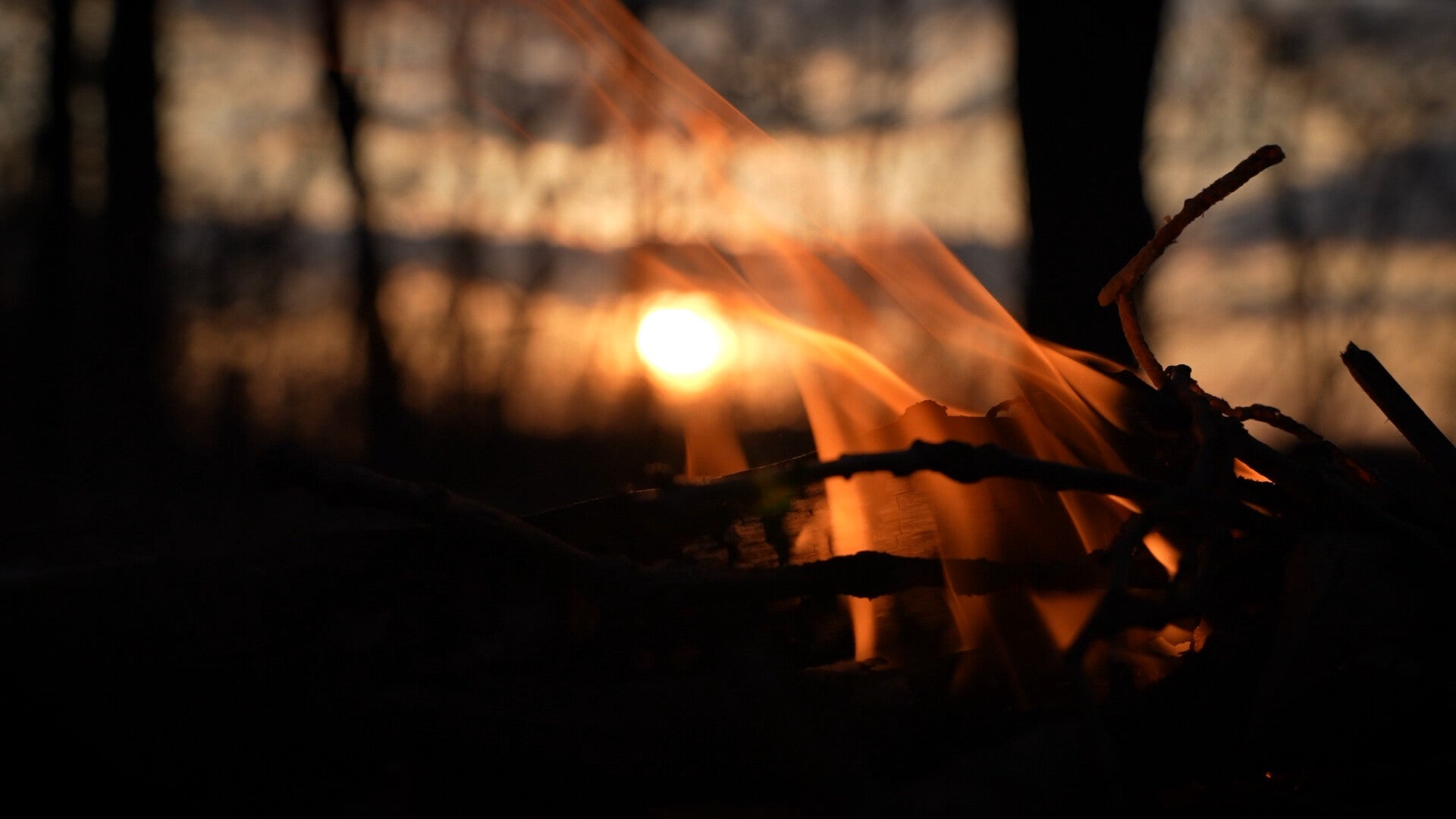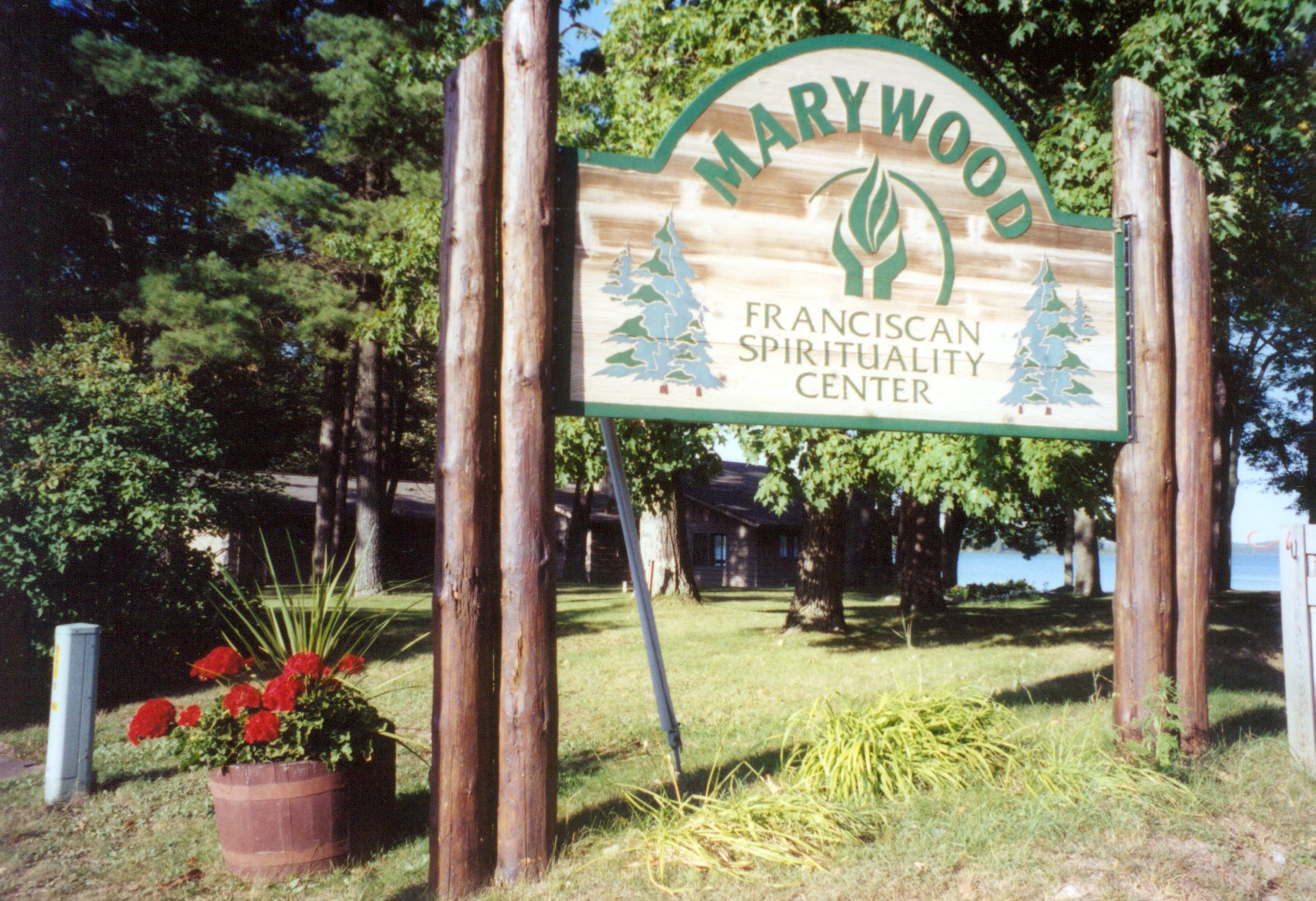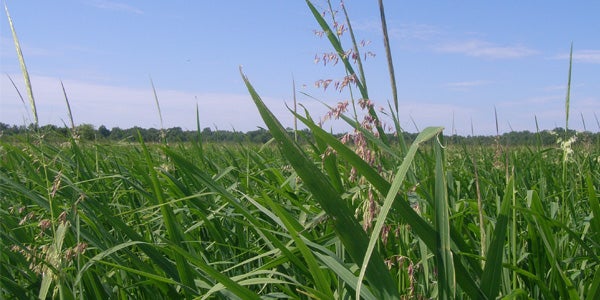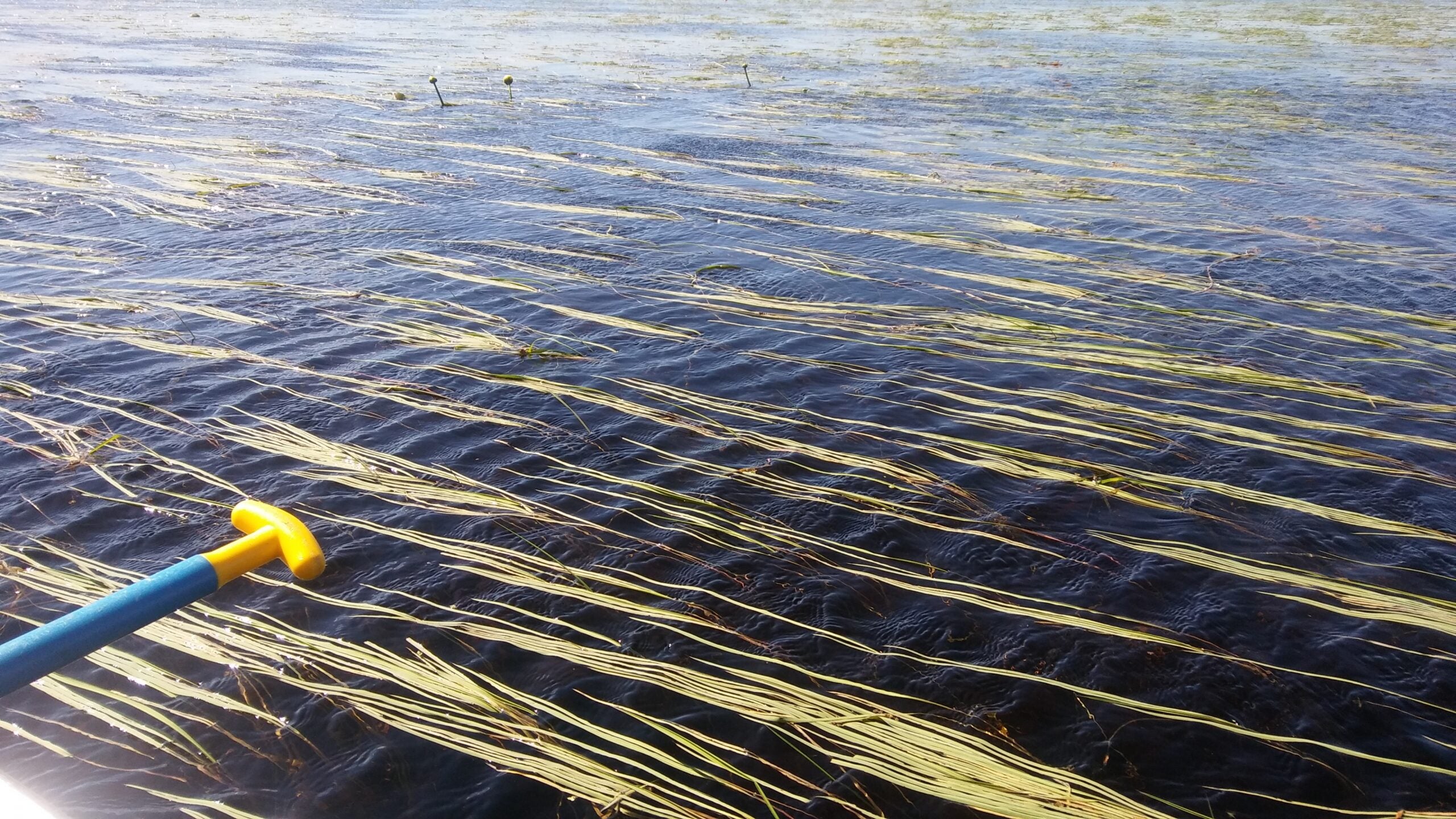Joe Graveen with the Lac du Flambeau Band of Lake Superior Chippewa has been harvesting wild rice for nearly 35 years in northern Wisconsin.
Once collected, Graveen, the tribe’s wild rice program manager, said he and his family begin the process of “dancing” the rice. A hole is made in the ground, sometimes lined with canvas along with a wooden barrel. The rice is then placed inside and the barrel is used as a frame for family members to grasp while dancing the hulls from the rice. Weather permitting, his family later sets the rice on canvas to dry in the sun for a day or two before using red pine stumps to parch or roast it.
For Graveen, wild rice is directly tied to who he is as an Ojibwe person.
News with a little more humanity
WPR’s “Wisconsin Today” newsletter keeps you connected to the state you love without feeling overwhelmed. No paywall. No agenda. No corporate filter.
“Manoomin is tied into our prophecies,” he said. “We’re spiritually connected to it.”
The protection of wild rice is vital to Ojibwe tribes who say they were guided by those prophecies to find their home where food grows on water. They journeyed from the northeastern U.S. until they found Manoomin in the western Great Lakes region, including near Madeline Island on Lake Superior. That’s where the Red Cliff Band of Lake Superior Chippewa have made their home.
“For us, that food is not only a part of our story of what brought us to this region, but it’s again a part of our identity,” Red Cliff tribal member Melonee Montano said. “For us, it’s considered to be one of our first foods.”
Montano said it’s not just a plant or resource, but a living being whose fate is intertwined with that of Ojibwe people. Over time, the staple food that’s sustained them has declined in abundance across northern Wisconsin. Now, a research collaborative of tribal and university partners in Minnesota has been working to better understand and protect wild rice by prioritizing Indigenous knowledge and views.
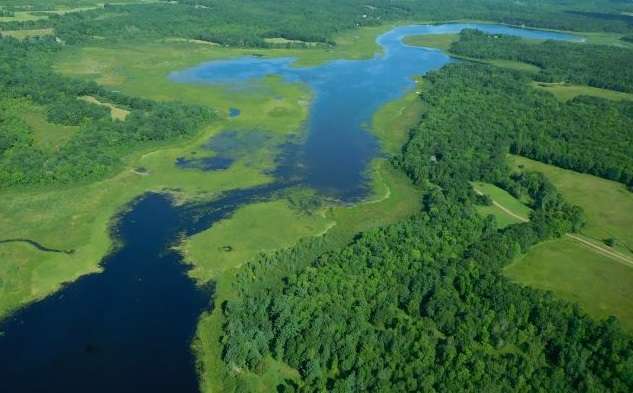
Tribal members and researchers discussed the project at a December meeting of the American Geophysical Union in Chicago. The work is part of a partnership formed in 2018 between researchers at the University of Minnesota and resource managers with tribes in the upper Great Lakes region to study the decline of wild rice. One 2020 report by the Great Lakes Indian Fish and Wildlife Commission found the number of acres supporting wild rice on 84 waters in northern Wisconsin had dropped by half over a 30-year period.
The research collaborative is rooted in respect for tribal sovereignty while blending Anishinaabe knowledge with Western science. Montano, who is also the commission’s traditional ecological knowledge outreach specialist, said the partnership was driven in part by concerns with the university regarding research on wild rice genetics. She said tribal members have struggled in the past with agencies who don’t consider Ojibwe people’s connection to Manoomin while conducting research or management.
Montano said tribal members push researchers to properly consult tribes and include them in decision-making.
“That’s one thing that’s core of our research, that we really try to do with the university, is make sure that they’re sitting with us at our table, and we’re sitting at theirs as well,” Montano said. “And we’re exchanging thoughts and concerns and love for that plant and understanding how to take care of it together.”
Crystal Ng, a hydrologist and associate professor at the university, said she was always taught that academic experts know best. Working with tribal partners, she said, helped her realize the harm scientists and institutions may be perpetuating without engaging Indigenous people in their work.
“This research that really has this new collaborative approach in which we as scientists have humility, and we learn from indigenous worldviews — I think that this is not just ensuring that we’re doing this work in a good way with tribes. But, also, we’re just opening our eyes to so many new and really important ideas as well,” Ng said.
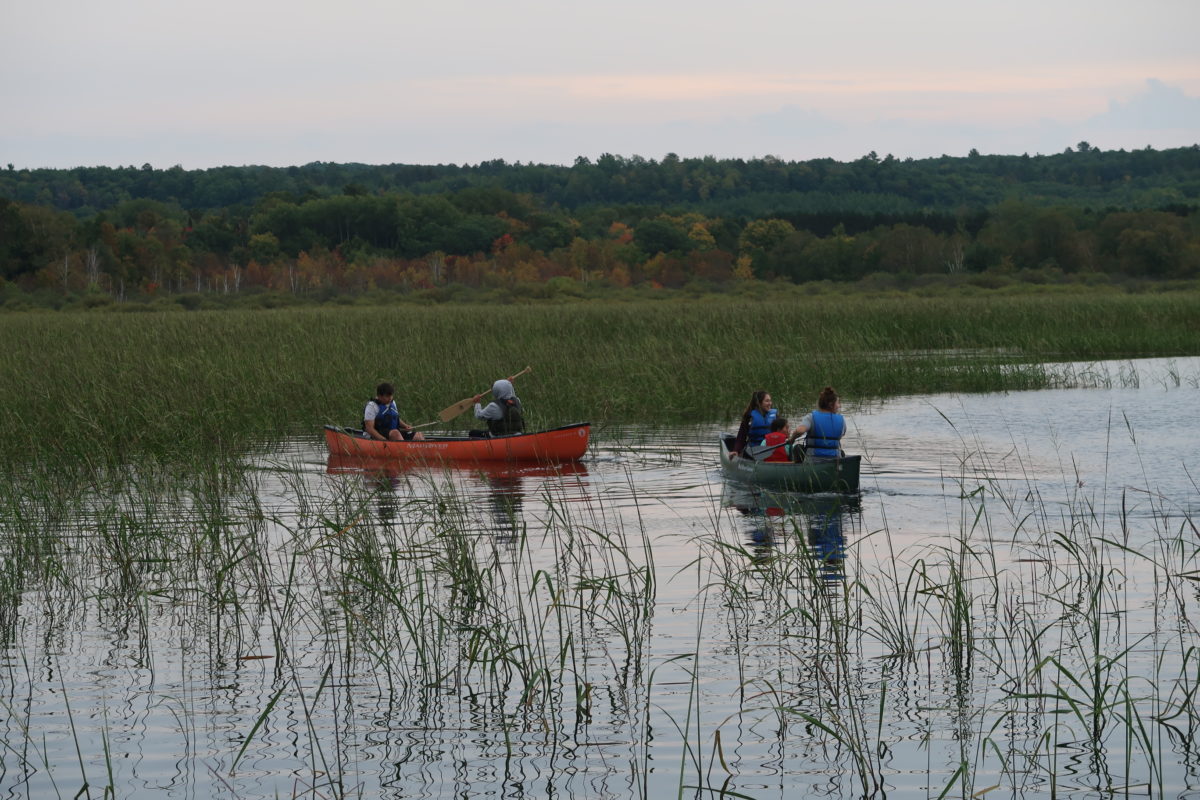
Danielle Kaeding/WPR
The partnership developed 10 protocols for ethical research outlined in a 2021 paper published in the journal Environmental Science and Policy. They include honoring Indigenous sovereignty and rights, addressing past and present harms, and identifying and protecting sensitive Indigenous data.
The collaborative now includes at least eight formal tribal partnerships that include the Fond du Lac and Lac du Flambeau Bands of Lake Superior Chippewa, St. Croix Chippewa Indians, GLIFWC, and Great Lakes Inter-Tribal Council.
University of Minnesota researchers have been working with tribes for several seasons to collect data on water quality, water chemistry and water levels tied to wild rice. They then analyze the data with tribal partners, according to Maddy Nyblade, a doctoral student with the university working on the research collaborative.
“We’ve been trying to find ways in which we can really use Western science to support answering questions that have come from that really interconnected thinking,” Nyblade said.
Researchers have been examining the impacts of climate change and land use that threaten wild rice. As they learn more, Bazile Panek has been working to present those findings in a culturally appropriate way for Ojibwe tribes. Panek, the commission’s tribal climate adaptation menu coordinator, aims to ensure research is shared in a way that’s useful for Indigenous communities. He said too often Indigenous people are “tokenized” by agencies or committees regarding research or management decisions.
“Ethical engagement is honoring what they say,” Panek said. “And actually integrating that.”
Wisconsin Public Radio, © Copyright 2026, Board of Regents of the University of Wisconsin System and Wisconsin Educational Communications Board.

